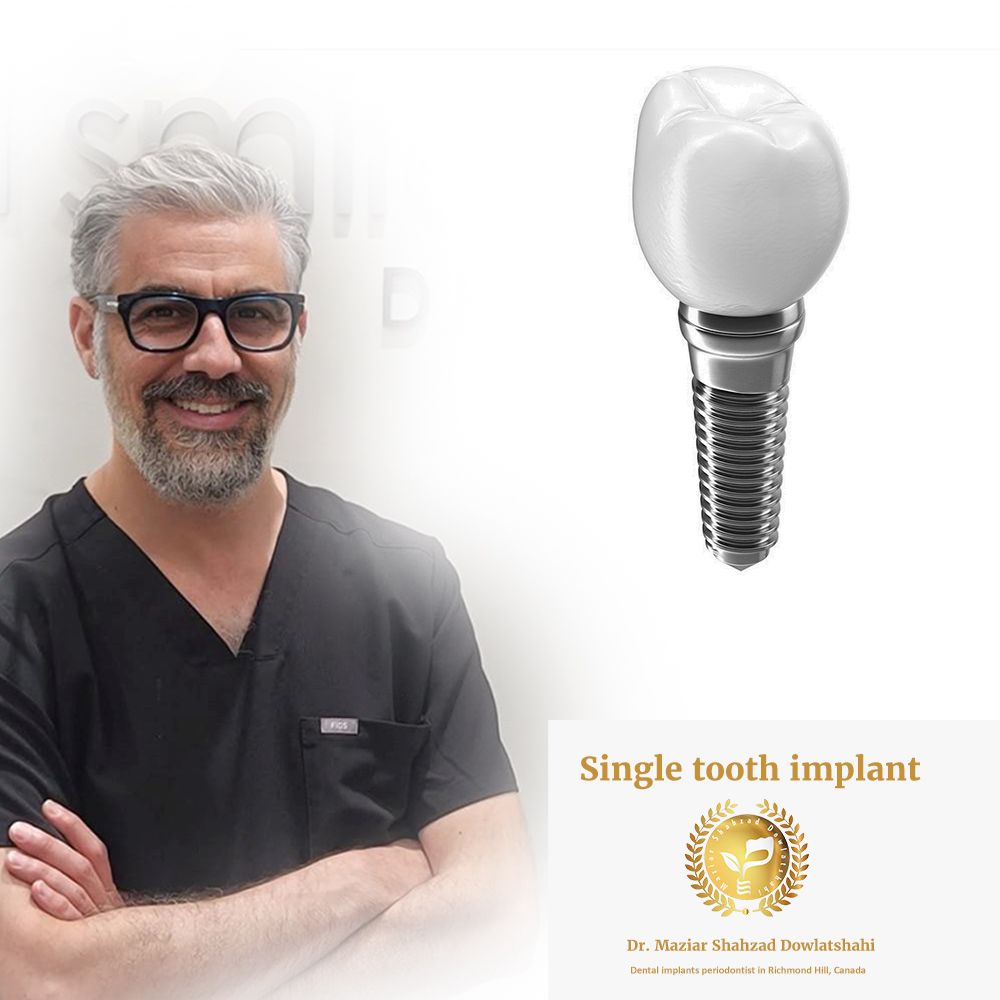Introduction

Dental implant surgery, also known as tooth replacement, is a life-changing experience. It can help you regain your self-confidence and smile again. A dental implant is a metal fixture that replaces the root of a missing tooth and acts as an anchor for crowns, bridges, or dentures. The procedure takes place in two phases: first, the dentist will remove any remaining roots in your jawbone; then they will surgically insert an artificial tooth into the socket where it will fuse with surrounding bone tissue over time (about six months).
Choose the right dental implant surgeon

You should choose a dentist who has many years of experience in placing dental implants and has performed this type of dental implant surgery multiple times.
You should also choose a specialist with many years of experience. Specialists are experts in their field! They know all about the topic or area that they specialize in. You want someone who is an expert at what he does.
You should ask him if he has done this type of dental implant surgery before and how many cases he has done so far. The more cases he has performed, the better it is for you because it means that your chances are higher that everything will go well with your surgery too! Many dentists specialize only in specific procedures like tooth extractions or dental implant surgeries so make sure that before deciding which specialty you are looking for.
Choose someone who you feel comfortable with and at ease with
Choose someone who you feel comfortable with and at ease with. Ask questions about your treatment plan, especially the risks involved. Ask what medication you should take before and after surgery, as well as after a tooth extraction. Learn more about the materials used for implants and the different types of implants available to help you decide which one is right for you.
Ask questions about your treatment plan
- Ask about the procedure. It’s important to know what will happen during your dental implant surgery, and what you can expect in terms of recovery time and cost. Your doctor should be able to answer these questions.
- Ask about complications. The implant placement procedure can result in a variety of complications, including bleeding and infection. If an infection occurs, it may necessitate additional treatment or even the removal of the implant altogether. These problems are rare, but you should ask your surgeon how he or she plans to minimize them through preventive therapies or medications.
- Ask about risks and side effects from the anesthesia used during the dental implant surgery if you’re undergoing general anesthesia rather than local anesthesia with sedation alone!
Ask what the potential risks are
As with any surgery, there are risks associated with implant placement. Here are some of the potential side effects you may experience:
- Discomfort and swelling. Your dentist will provide you with a painkiller to take before and after surgery, as well as antibiotics to prevent infection during recovery.
- You may need to take pain medication for several days after your procedure. If you experience severe pain or bleeding, contact your dentist immediately for further advice and treatment options.
Ask what medication you should take before and after surgery
Ask your doctor what medication you should take before and after dental implant surgery.
- Before the operation, ask if it’s necessary to take antibiotics. Antibiotics help prevent infections in the mouth and throat that could cause serious complications after implant surgery.
- After the operation, you’ll need to take pain medication for as long as your doctor prescribes—this can range from a few days to several weeks or more depending on how severe your pain is and how quickly your body heals. You may also be prescribed antibiotics (as with any surgery). These drugs help control infection, which is standard following dental procedures because bacteria enter through open wounds in the gums around teeth roots. Other medications include anti-inflammatory drugs for swelling and inflammation control; these can reduce discomfort during recovery by decreasing the swelling after surgery.
Get educated
You may be wondering how to prepare for implant surgery.
To ensure your procedure goes smoothly, it’s important to learn all you can about the process before going under the knife. Here are some key topics you should brush up on:
- Learn about dental implant surgery and its alternatives. The first step is understanding what an implant actually is and what it does. While implants are often used with dentures (false teeth), they can also be used as standalone devices for patients who have lost all or part of their natural teeth due to periodontal disease or injury. There are many different types of implants—some made from metal, some made from dental porcelain fused with precious metal, and others made from a transparent acrylic resin material that offers a more natural appearance than metal or porcelain-based materials. There are also different types of bone grafting materials used during the procedure; each style has its own benefits and downsides based on cost, ease of application/application time required by dentist/surgeon/nurse practitioner etc., ability to bond well with surrounding bone tissue when applied properly using the correct technique(s) by dentist/surgeon/nurse practitioner etc.
Ask for pictures of actual cases done by your surgeon and look for photos of patients who look similar to you.
If you’re looking for some inspiration, ask your surgeon for pictures of actual cases done by your surgeon. You should also look for photos of patients who look similar to you.
If you can’t find any surgeons in your area with a large number of before-and-after photos from their own practices, try using the internet to find pictures of other people who have had the procedure done by different surgeons and compare them with what you want your results to be.
Dental implant surgery is a life-changing experience
Dental implant surgery can be a life-changing experience. It can help you regain confidence and self-esteem, as well as give you back the ability to smile, eat and drink with confidence.
Dental implants are a good option for people who want to keep their natural teeth beside the missing space. They are usually placed in the upper jaw (maxilla) or lower jaw (mandible).
Conclusion
With our help, you can feel confident in your choice of implant surgery. We hope that we have provided enough information so that you can make an informed decision when deciding on the type of implant surgery to undergo.


